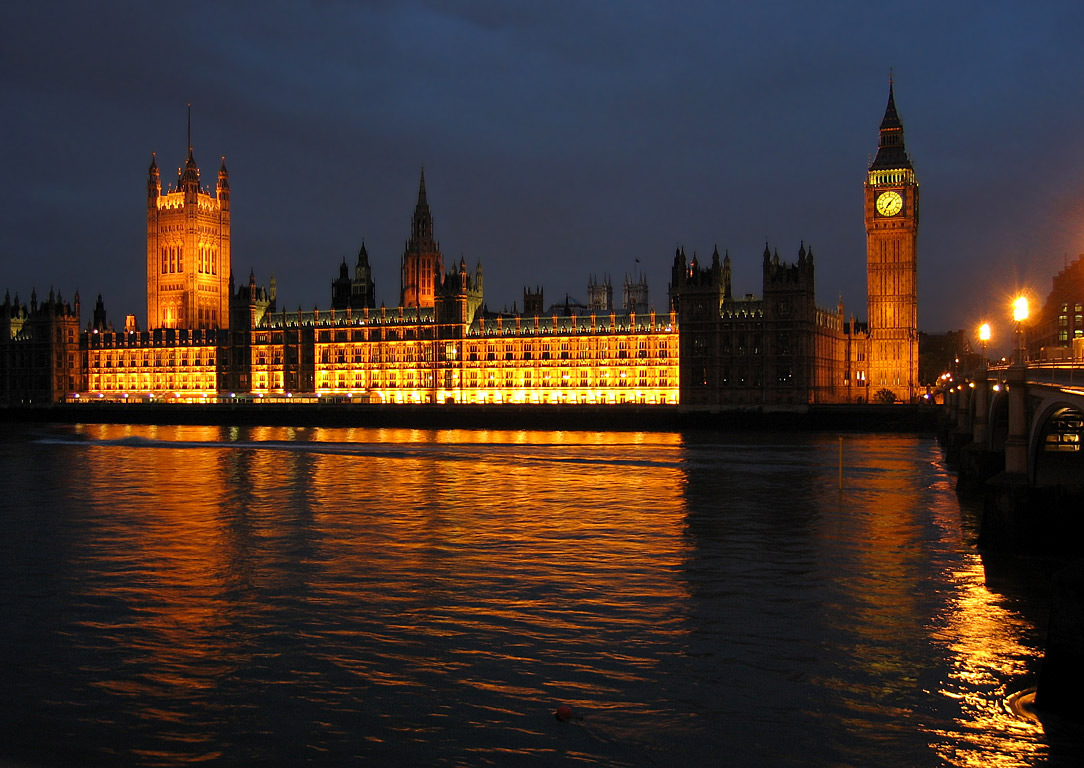The British democracy is admired around the world. Its vibrant debates in the House of Commons, the thoroughness and boldness of the weekly interrogation of the Prime Minister, the frequent shouting and jeering of MPs, are all taken as demonstration of the high level of scrutiny that the Executive undergoes by the representatives of the People.
The first-past-the-post system also enjoys some unconditional support. In theory, it creates a direct link between the elected MP and the constituency that elected him or her. The voters know the person and the person is familiar with the wishes of his or her relatively small constituency. They often travel from London to their districts in order to maintain that link, and project an image of responsiveness to the electorate’s demands. Accountability is the key word here. MPs are accountable to their constituencies for their behaviour in Parliament and elsewhere. Many in the public and among political scientists are true fans of this system, and do not fail to present it as a model for other countries to emulate. Only four years ago, at a referendum held in May 2011 on whether to change to an alternative voting system, which introduces more proportionality, Britons confirmed their preference for the existing system by 68%.
Now, how would you look at the vibrancy of the political debate in Parliament if you knew that important segments of the public (up to almost 50% of the voters) may not be represented in it at all? With the first-past-the-post system it is mathematically possible that, with up to 49.9% of the total votes, a given political force or party gets no MP at all if it is outnumbered by another party in each uninominal constituency.
This is an extreme case. But what has happened in the latest UK election is not that far from it: with 4.7% of the total votes, the SNP has elected 56 MPs out of a total of 59 for Scotland and 650 for the whole of the UK. With 3.8% of the vote, the Green Party has elected one MP and, even worse, with 12.6% UKIP has also elected only one MP! Basically, the opinion of 16.4% of the electorate will hardly be heard among the cheers and shouts of the other 648 MPs.
Honourably, the leaders of the Labour Party, UKIP and the Liberal Democrats submitted their resignations only a few hours after the results had been made public. Yet, two of them did not perform that poorly. In fact, Labour won a share of the vote by 1.5% larger than in the previous election. Again, the case of UKIP is the most shocking– it has grown massively, from 3.1% of the total number of votes in 2010 to 12.6% in 2015. Yet, its leader has failed, or so it seems, because he did not manage to pass the post first in his own constituency, and only one UKIP candidate was elected in the whole of the UK.
The problem of this system is not only one of underrepresentation of political currents in the Parliament but also large segments of the population rendered politically invisible . The energy required to keep these existing segments of opinion present in the public debate is considerably higher than the one invested by the parties with an important presence in Parliament. One could only imagine what it would be if any of these quasi-invisible parties corresponded to the political expression of an ethnic minority – a future scenario not unlikely in the UK and in many other European countries.
The British themselves now appear to have second thoughts about the system, as an opinion poll carried out before the 7 May election revealed. If a referendum was held today, a majority of British voters would ditch the first-past-the-post system. With no such referendum in sight, though, Mr. Cameron and the Tories can govern singlehandedly on the basis of their strong MP majority, despite only 6.5 percentage points of difference, in terms of votes cast, with Labour.



